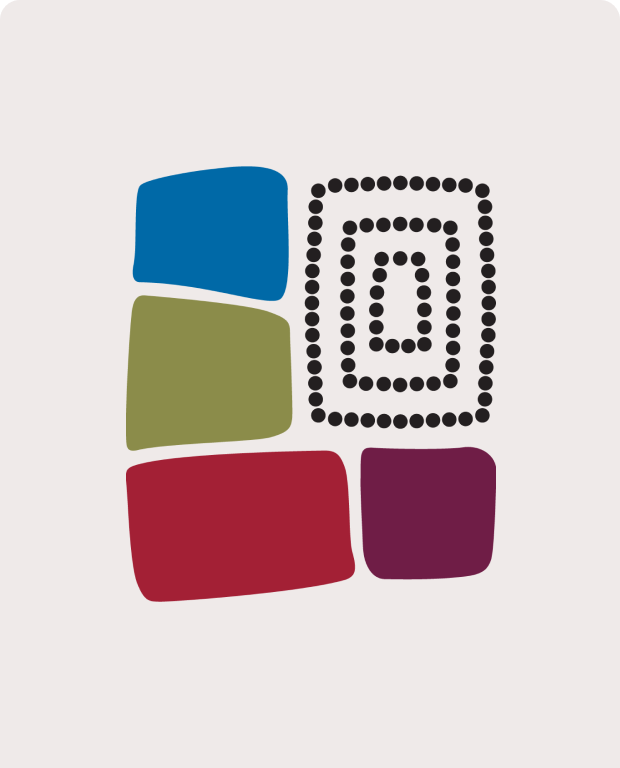The Family Wellbeing Program: Empowerment research

The Family Wellbeing Program was developed in the early 1990s by a group of Indigenous leaders in Adelaide who had been affected by the Stolen Generations. The 150-hour program is enriched with material from complementary philosophies and empowerment principles and seeks to empower participants through personal transformation that involves harmonising physical, emotional, mental and spiritual aspects of life and applying this to practical, day-to-day living (Tsey & Every 2000:510). Program content is delivered in group settings through five 30-hour stages.
One way of researching empowerment from the point of view of Indigenous people is to identify Indigenous initiatives that Indigenous people themselves identify as empowerment, and then use them as the mechanisms for investigating the limits and possibilities of empowerment. This approach is the basis of the Family Wellbeing programs, Men’s Groups and other empowerment programs (Komla Tsey, Program Leader Empowerment Research, Far North Queensland).
I can stand up in a crowd and talk without shame. I used to get really scared but now it doesn’t bother me (female participant in Tsey et al 2010:175).
Participants became aware that, for social change to occur, they needed to play greater leadership roles and maintain a positive attitude towards the possibility of change. At one site, for example, participants identified overcrowding as a severe problem in their community. The group formed a housing committee that made a plan of action to address the housing shortage. Significant hurdles, including land ownership, were faced. The group was proud of its role in placing the issues of housing on the local government agenda.
I didn’t expect these kind of changes but it showed me that once ordinary community members get knowledge then they are able to act in a more constructive way to deal with issues such as housing. Knowledge is power (male participant in Tsey et al. 2010:176).
Program related research has added to knowledge about empowerment.
Two members of the research team recently completed their PhDs on aspects of Indigenous empowerment. The main findings are that Indigenous Australian notions of empowerment confirm the mainstream notion, but place particular emphasis on relationships and spirituality (Komla Tsey, Program Leader Empowerment Research, Far North Queensland).
Related resources:
- Kinchin, I., Jacubs, S., Tsey, K. & Lines, K., 2015, An empowerment intervention for Indigenous communities: an outcome assessment, BMC Psychology, 3:29.
- McEwan, A & Tsey, K. 2009, The Role of Spirituality in Social and Emotional Wellbeing Initiatives: The Family Wellbeing Program at Yarrabah, Discussion Paper No. 7, CRCAH, Darwin.
- Monson-Wilbraham, L. 2015, Watering the Garden of Family Wellbeing – Empowering Aboriginal and Torres Strait Islander people to bloom and grow, March 2014 roundtable report, The Lowitja Institute, Melbourne.
- Policy brief
- Videos: https://vimeo.com/151842637 and https://vimeo.com/151842639

